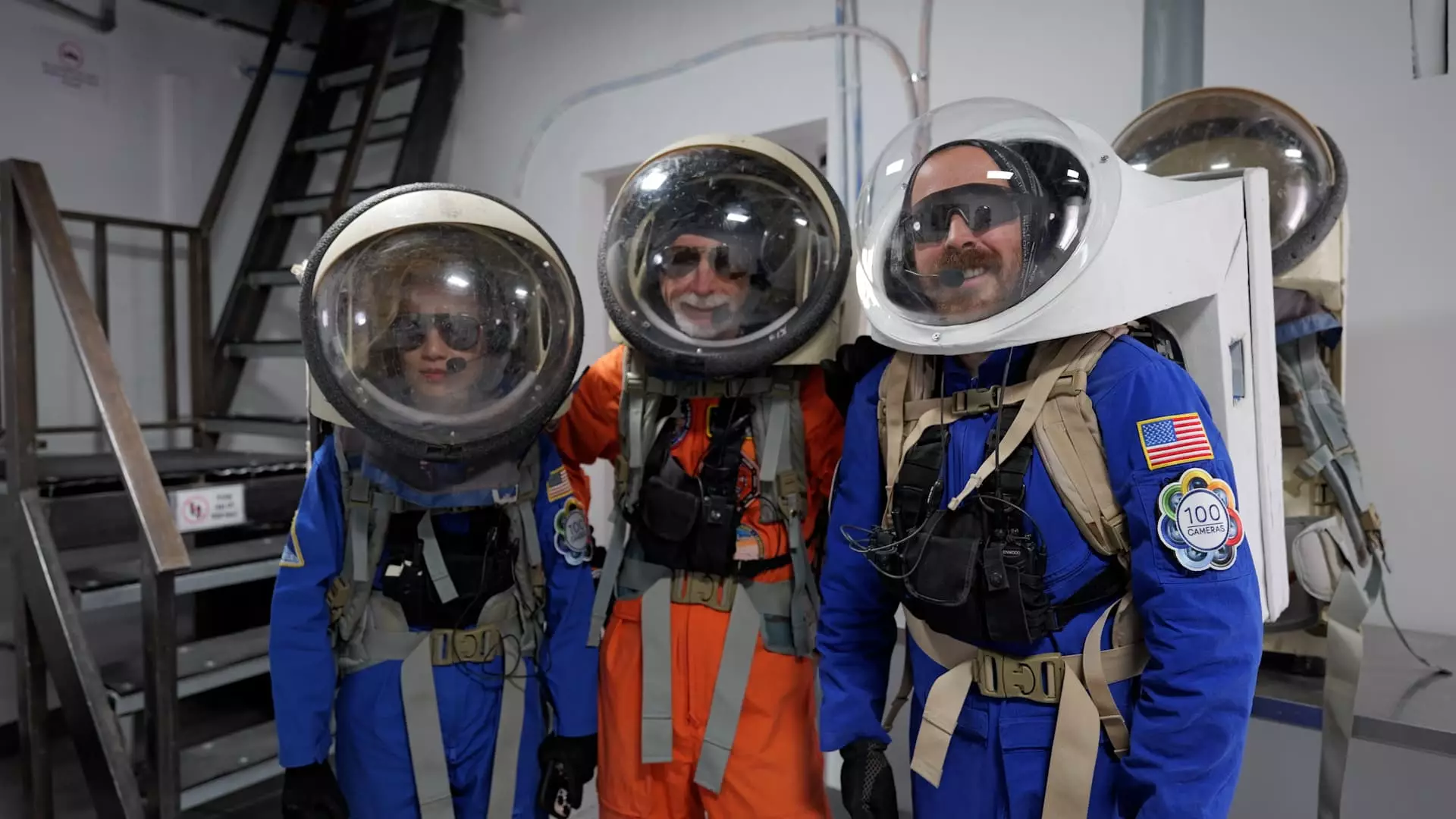Despite the romantic allure surrounding Mars missions, the current focus on analog research stations like Utah’s MDRS is a misleading distraction from the real challenge: establishing a sustainable human presence beyond Earth. These simulated environments are often portrayed as stepping stones toward Mars colonization, but in reality, they serve more as theatrical rehearsals that mask the difficulties ahead. While proponents argue that these exercises hone skills and understand risks, they tend to oversimplify the monumental technological, logistical, and ethical hurdles that await us. As a centrist observer with a cautious outlook, I believe that we risk diluting true progress by obsessing over near-term simulations instead of addressing core issues like life support sustainability, propulsion breakthroughs, and international cooperation.
The Illusory Progress of Analog Missions
Analog missions, such as those conducted at MDRS, are often exaggerated in their relevance. They simulate surface activities and test basic protocols, but they are worlds apart from the reality of interplanetary travel. Spending two weeks in simulated Martian terrain does little to prepare humanity for the complexities of space radiation, microgravity effects, or resource scarcity. Furthermore, the psychological strain of real Mars missions — with extended isolation, delayed communication, and life-threatening emergencies — cannot be truly replicated in isolated desert environments. Flag-waving media coverage often portrays these stints as significant milestones, but in truth, they are merely rehearsals that do not guarantee readiness for what lies beyond the small confines of our imagination.
The Strategic Blind Spot
The goal of Mars colonization has become, for many, a status symbol of technological prowess. Yet, a troubling complacency persists among advocates who believe that repeated testing and incremental advances will eventually culminate in a viable colony. This mindset dangerously underestimates the scale of investment needed and the potential for unforeseen setbacks. It also sidesteps the necessary debate about whether Mars colonization aligns with humanity’s long-term interests — especially when pressing issues here on Earth, like climate change and economic inequality, remain largely unaddressed. In a roughly center-right liberal view, I argue that we should prioritize responsible innovation grounded in pragmatism, not naive optimism fed by sanitized simulations.
A Critical Reassessment is Needed
If humanity truly seeks to expand beyond Earth, we must re-evaluate our approach. Rushing toward Mars under the guise of progress, fueled by grandiose visions and ambitious timelines, risks diverting resources from more achievable and urgent priorities. Instead of fixating on distant planets as the ultimate frontier, we should focus on developing resilient, sustainable technologies that benefit life here and now. Space endeavors should serve as catalysts for advancements that bolster our society’s capacity to solve earthly challenges, rather than distractions that foster an illusion of imminent conquest. Until we confront these foundational issues squarely, our dreams of Mars will remain just that — hollow echoes of an ambition that is yet to be grounded in reality.

